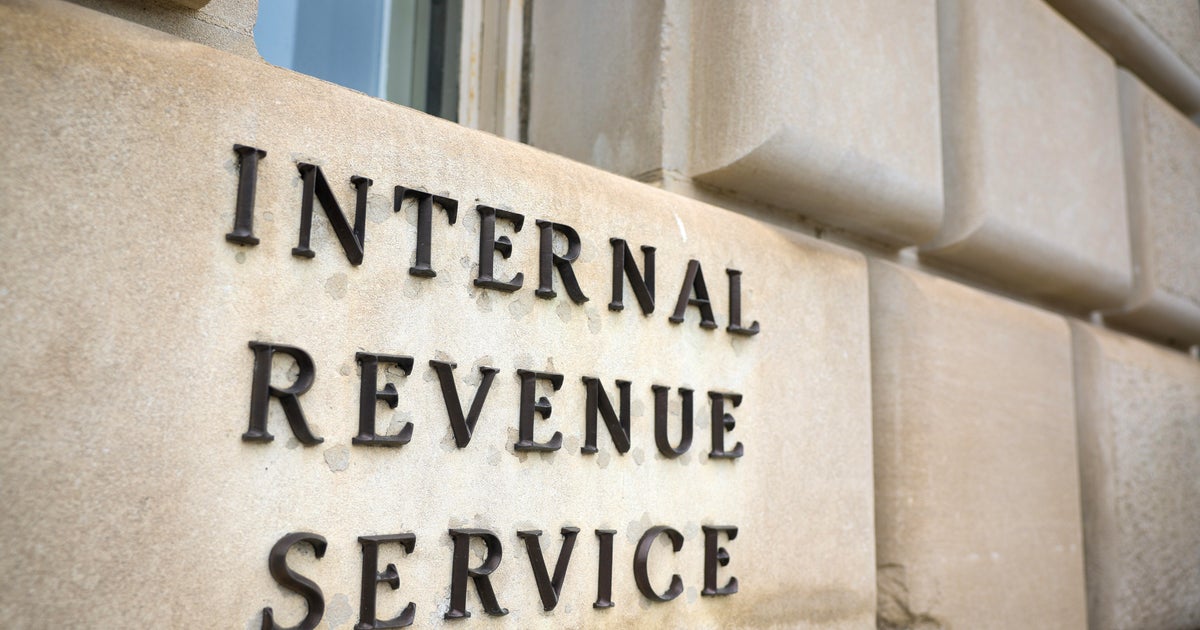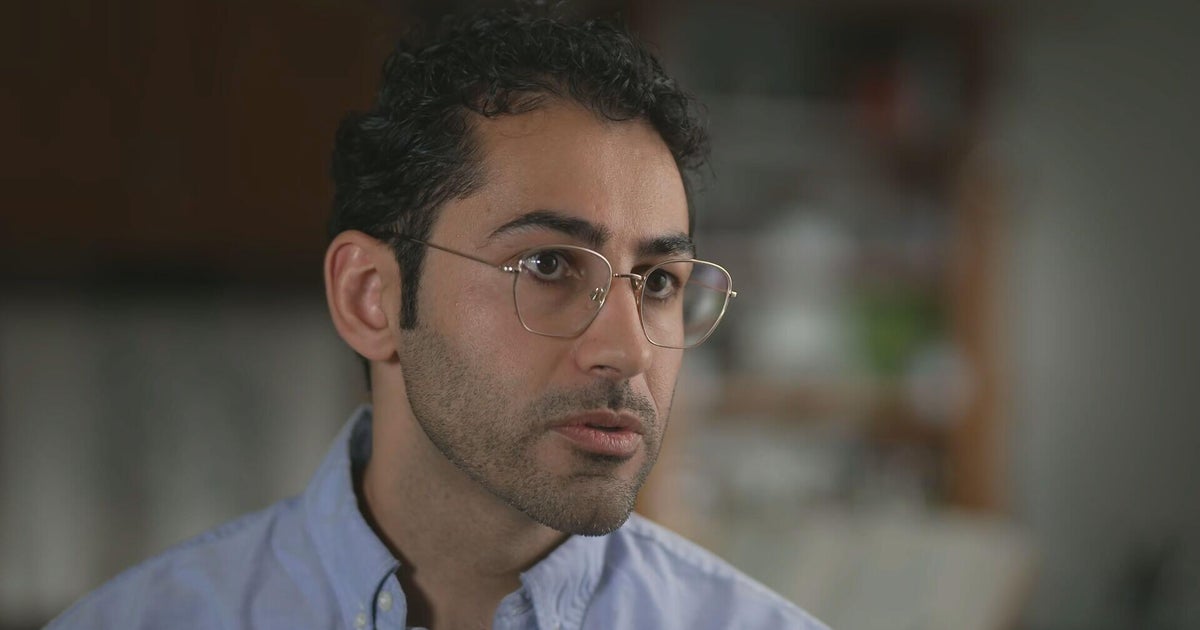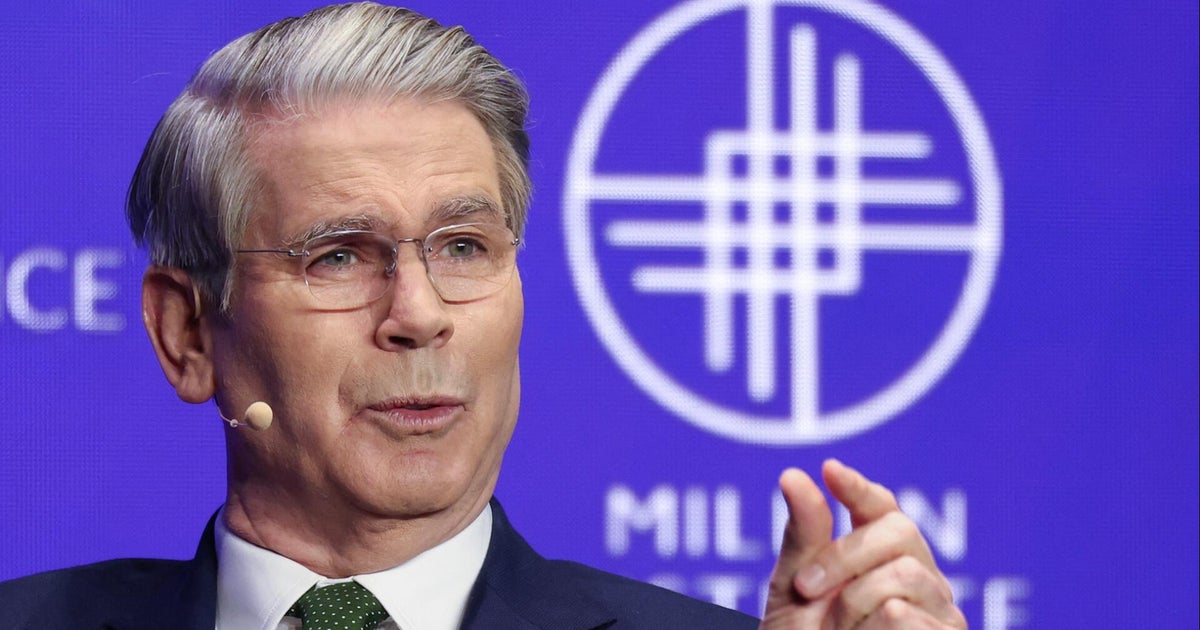 Medicare leaves a few important things off the checklist for 2025, but securing the right supplemental coverage can help protect your retirement finances.
CAROL YEPES/Getty Images
Medicare leaves a few important things off the checklist for 2025, but securing the right supplemental coverage can help protect your retirement finances.
CAROL YEPES/Getty Images
Reaching Medicare age is a big milestone, one that can feel like a payoff after years of working, paying taxes and worrying about covering the costs of health insurance. But while Medicare is a powerful tool for managing healthcare expenses, many retirees quickly discover it's not the all-inclusive safety net they expected. In fact, relying on Medicare alone can sometimes leave you exposed to major, unexpected costs.
As a result, simply enrolling in Medicare typically isn't enough to fully protect your health or your wallet during retirement. While it's true that Medicare helps cover a significant portion of your medical needs as a senior, the reality is that it doesn't cover all services, treatments or supplies. That means even a solid retirement savings cushion can erode faster than you think if you don't have a plan in place for the uncovered gaps.
So what types of costs does Medicare exclude in 2025? Here's what seniors, retirees and soon-to-be Medicare recipients should know about the potential coverage gaps they could face this year.
Protect your retirement finances with Medigap coverage today.
What costs does Medicare not cover in 2025?While Medicare covers a wide range of medical services, these important categories fall outside its reach in 2025:
Dental careOne of the biggest Medicare blind spots is dental coverage. Medicare Parts A and B generally do not cover routine dental exams, cleanings, fillings, crowns, bridges or dentures, so you're on your own for most dental work unless it's medically necessary because of another covered procedure (like dental work needed as part of jaw surgery, for example). With the average cost of a dental crown running between $800 to $2,500 and dental implants costing several thousand dollars per tooth, skipping dental insurance during your senior years can mean big out-of-pocket bills.
Learn more about the Medicare supplemental insurance options you have now.
Vision careRoutine vision exams, eyeglasses and contact lenses are also excluded under traditional Medicare. While Medicare may cover eye issues related to a medical condition, like cataract surgery or diabetic eye exams, you're responsible for routine vision checks and corrective lenses. This might not sound like a big deal until you realize that prescription eyeglasses can cost hundreds of dollars a pair, and many people need updated prescriptions every year or two.
Hearing aidsHearing loss becomes more common as we age, but Medicare doesn't cover hearing exams for hearing aids — nor does it cover the devices themselves. Considering that the average price of hearing aids ranges from $2,000 to $7,000 per pair, that's a serious expense most retirees have to pay out of pocket. That said, some Medicare Advantage (Part C) plans may offer limited hearing aid benefits. However, traditional Medicare does not.
Overseas medical carePlanning an international trip in retirement? Medicare won't help you there, either. Except for a few narrow circumstances, Medicare does not cover medical services you receive outside the U.S. That's why many retirees purchase travel medical insurance or supplemental Medigap plans with foreign emergency coverage for peace of mind when traveling abroad.
Long-term custodial carePerhaps the most financially devastating gap, though, is long-term custodial care. Medicare covers short-term skilled nursing or rehab stays after a hospitalization, but it does not pay for long-term care if you need help with activities of daily living, like bathing, dressing or eating, due to aging, dementia or disability. That, in turn, can put you in a precarious financial position if you need longer-term care but don't have another type of coverage for it.
According to Genworth's latest cost of care survey, the average cost of a private room in a nursing home exceeds $120,000 per year in 2025, and assisted living and in-home care can also come with very hefty monthly bills. For example, the average cost of a home health aid is nearly $7,000 per month right now, while other in-home care assistance, like homemaker services, are only marginally more affordable.
Why Medicare recipients should consider supplemental coverage nowBecause Medicare leaves so many gaps, seniors are increasingly turning to Medicare supplemental insurance, also known as Medigap, to shore up their healthcare protection. Medigap plans help pay for many of the costs Medicare doesn't fully cover, including copayments, coinsurance and deductibles.
So, why is now the right time to purchase Medicare supplemental coverage? Here are a couple of big reasons:
Healthcare costs keep rising. The cost of healthcare is already high and is continuing to increase across the board. But even small annual hikes can add up over time and can have an outsized impact on those with limited income. By purchasing a Medigap policy now, though, you can lock in coverage that helps soften the blow of these rising expenses, potentially saving you a lot of money in the long run.
Your eligibility depends on your health. You have a six-month window when you first enroll in Medicare Part B where you can buy any Medigap policy without medical underwriting. After that period, insurance companies can deny you coverage or charge you more based on your health. That's why it's smart to act early, while you're still within your open enrollment window or in relatively good health, to secure a policy.
Medigap plans can also provide extra peace of mind when traveling abroad, as some include limited foreign emergency medical coverage — a feature not available through basic Medicare.
The bottom lineMedicare is an incredibly valuable program, but it has its limitations. In 2025, there are still many healthcare costs that Medicare won't cover — from dental work and vision needs to hearing aids, overseas medical care, and, perhaps most significantly, long-term custodial care. But the good news is that you don't have to face these gaps unprepared. By educating yourself now, considering supplemental insurance like Medigap or Medicare Advantage, and proactively planning for uncovered expenses, you can set yourself up for greater financial security later in life.
Angelica Leicht






